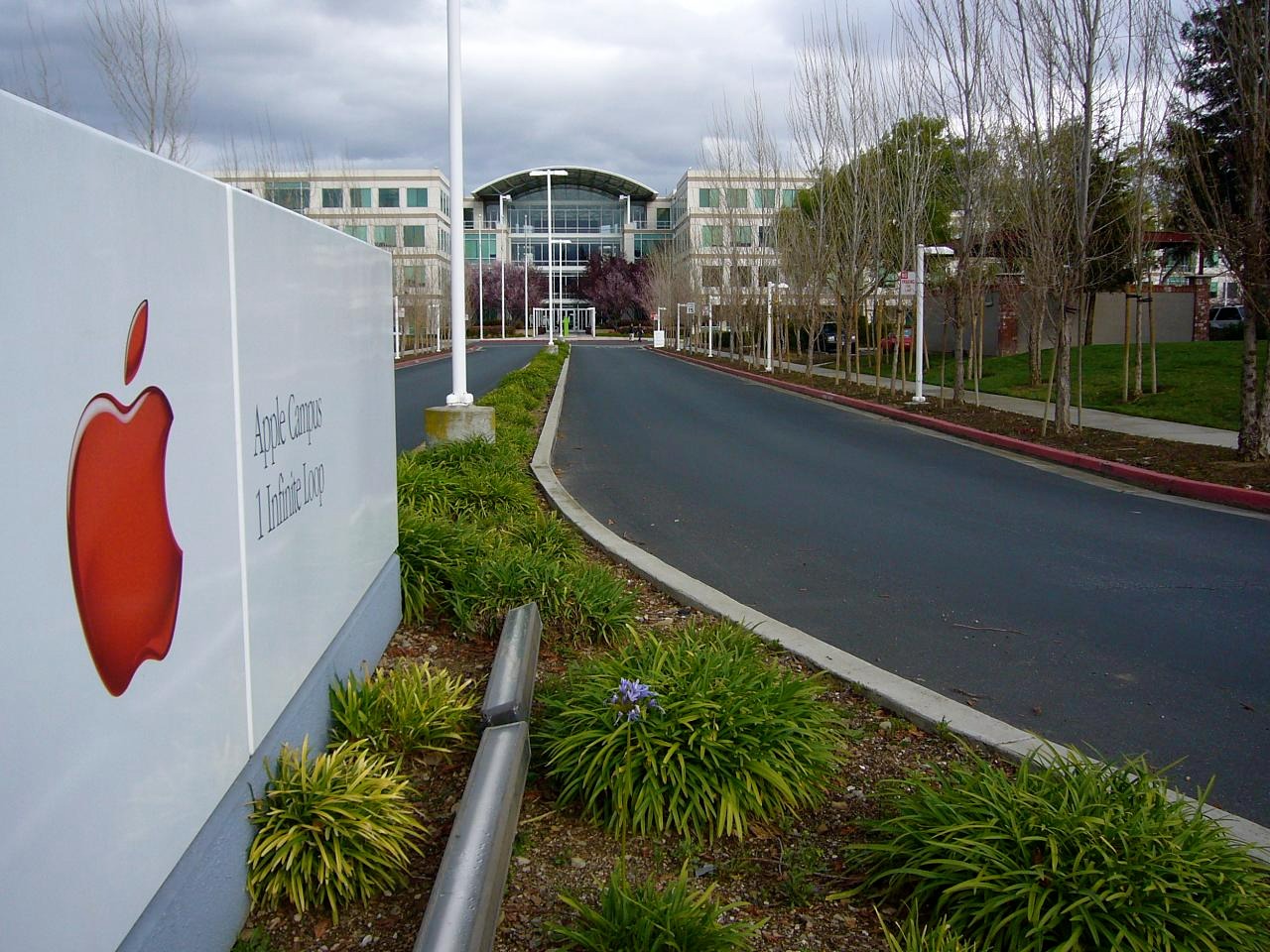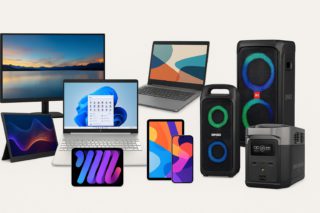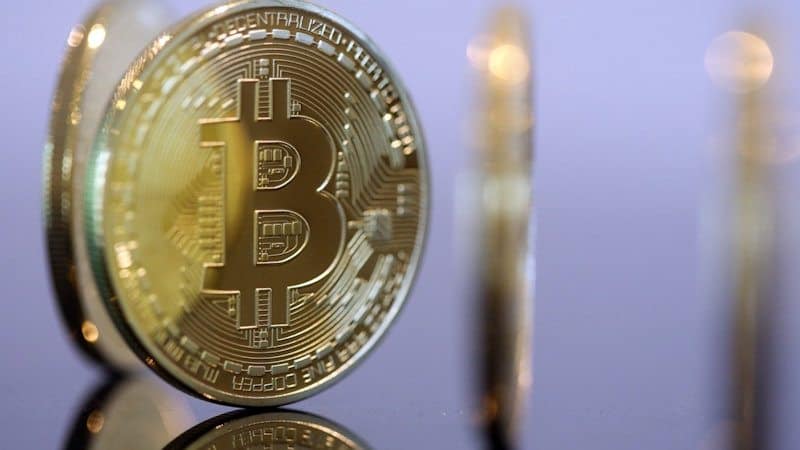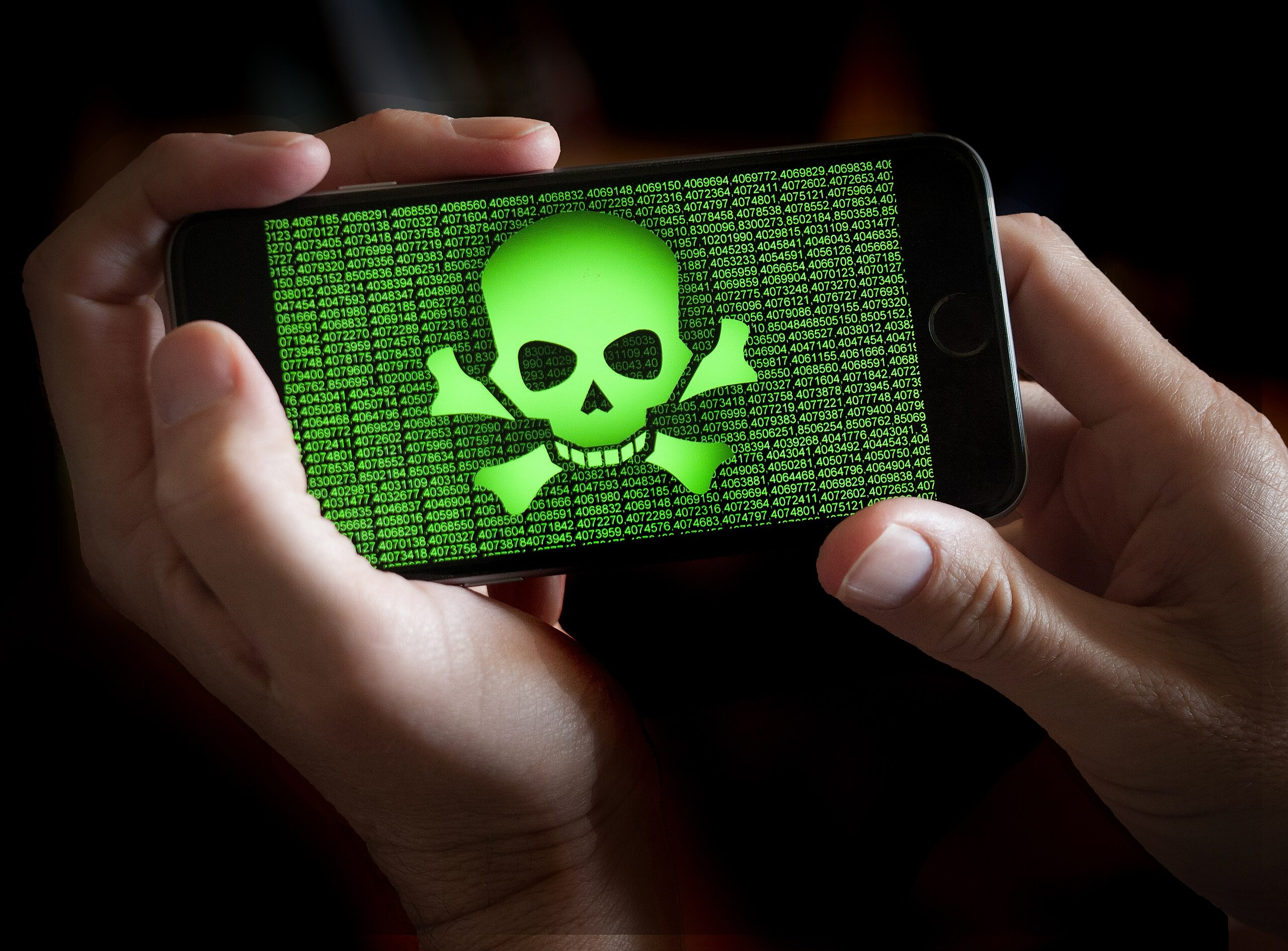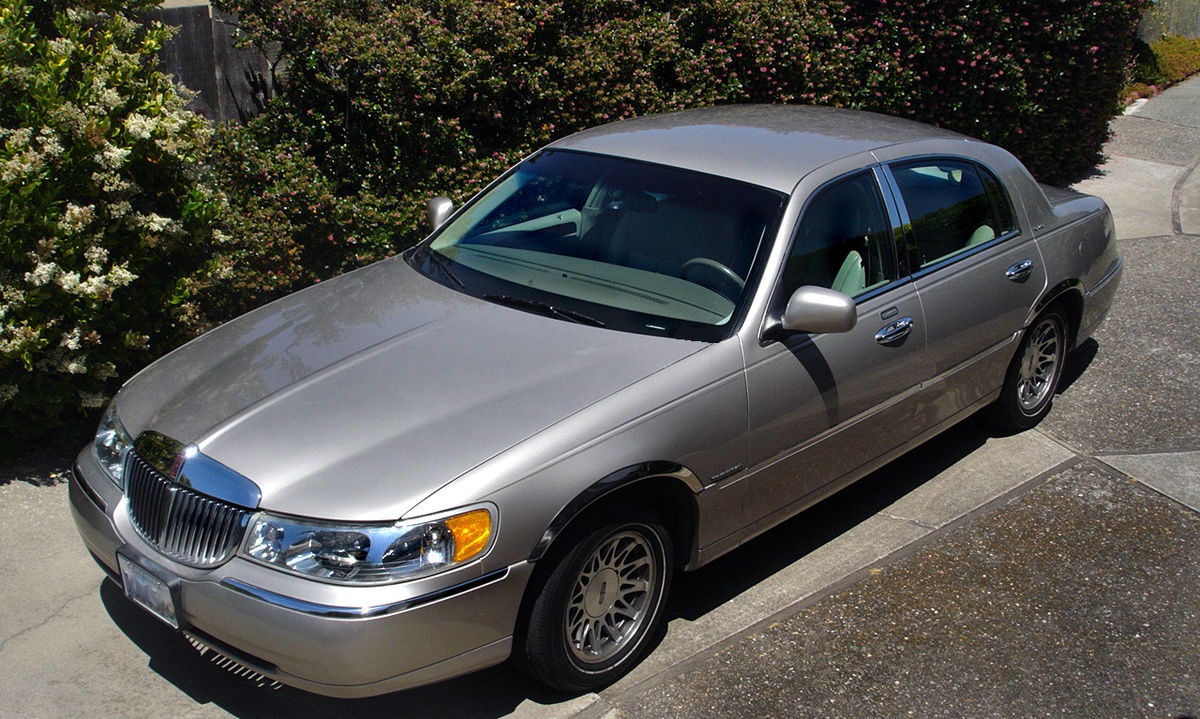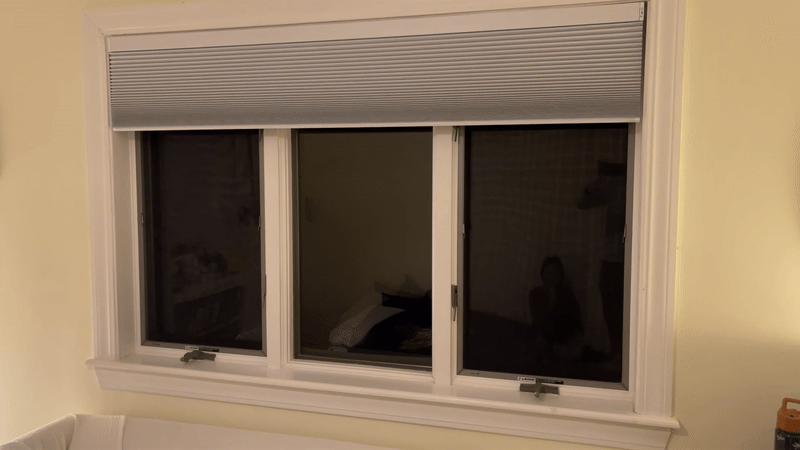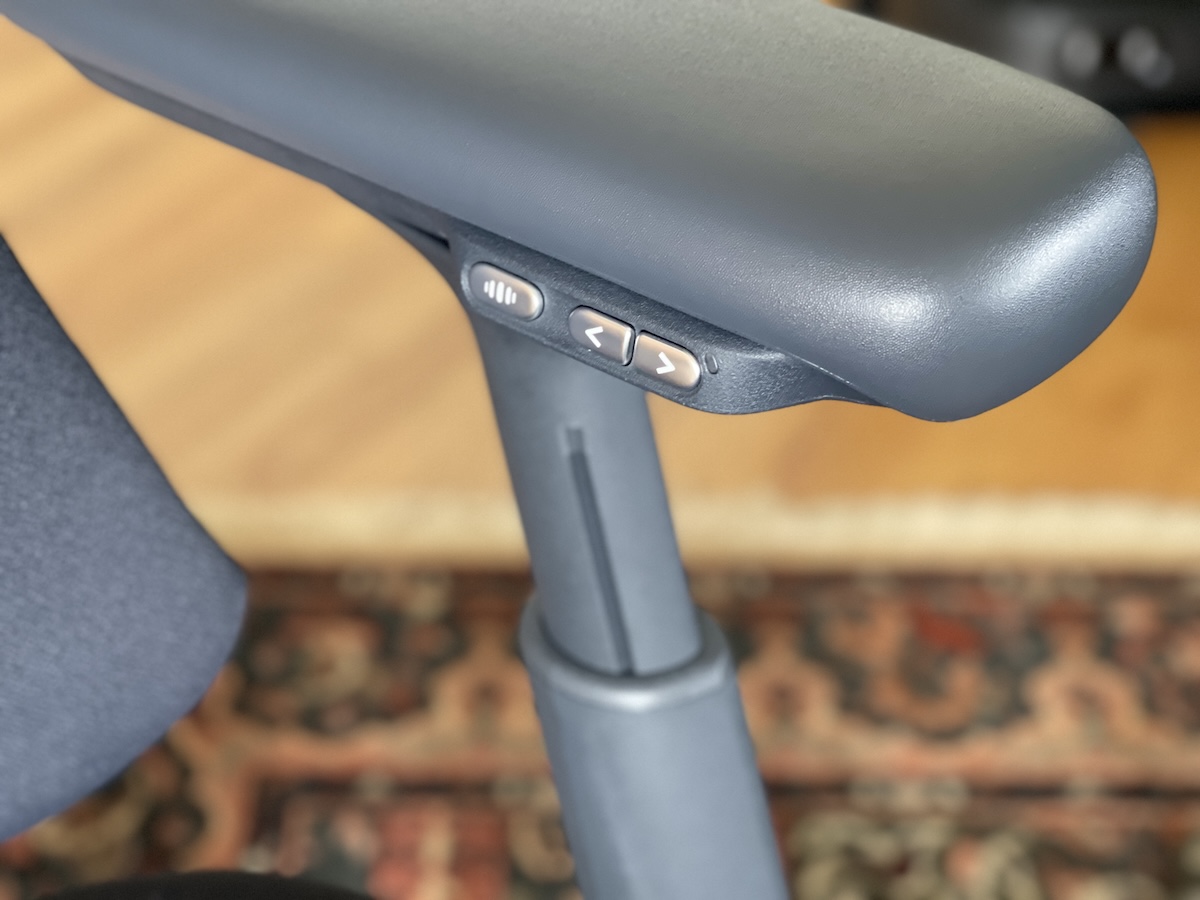That iPhone in your pocket? It was likely assembled by workers pulling 75-hour weeks in conditions that violate Chinese law. China Labor Watch’s latest investigation of Foxconn’s Zhengzhou plant—where your iPhone 17 gets built—found over 50% of the workforce consists of temporary “dispatch” workers, five times China’s legal limit. These workers face delayed wages, systematic discrimination, and chemical exposure without proper protection.
Like ordering from a restaurant with a failing health inspection, you’re getting the product while someone else pays the real cost.
Corporate Promises Meet Factory Floor Reality
Apple and Foxconn maintain their ethical standards while violations multiply.
Apple insists it requires “safe working conditions” from suppliers, conducting regular audits and investigations. Foxconn claims to be “an equal opportunity employer,” prioritizing health and safety. Yet workers still face 60-75-hour workweeks, wage delays designed to prevent quitting during iPhone production ramps, and systematic exclusion of ethnic minorities and pregnant women from hiring.
“Without genuine enforcement and accountability, workers’ conditions will only deteriorate,” says Li Qiang, executive director of China Labor Watch. “Apple’s U.S. investment pledges are more of a public relations exercise.” Third-party audits exist, but CLW questions their transparency and effectiveness when basic violations persist year after year.
Same Story, Different Year
Labor abuses continue despite six years of advocacy and corporate commitments.
This isn’t breaking news—it’s Groundhog Day with iPhones. CLW documented similar violations in 2019, prompting promises of reform that largely haven’t materialized. Some improvements occurred:
- Underage workers disappeared
- Overtime decreased slightly
But core problems—excessive dispatch worker use, wage manipulation, discrimination, hazardous chemical exposure—remain entrenched.
Your purchasing power connects directly to these conditions, whether you acknowledge it or not.
The Consumer Reckoning
Every iPhone purchase carries hidden human costs that corporate audits can’t wash away.
Apple’s $600 billion U.S. investment pledge generates headlines while Foxconn workers breathe toluene without adequate protection. The disconnect isn’t accidental—it’s profitable. Until consumer pressure or regulatory enforcement creates real consequences, factory conditions will remain secondary to production quotas and profit margins.
Your next phone upgrade funds this system, making you part of the equation whether you intended it or not.


